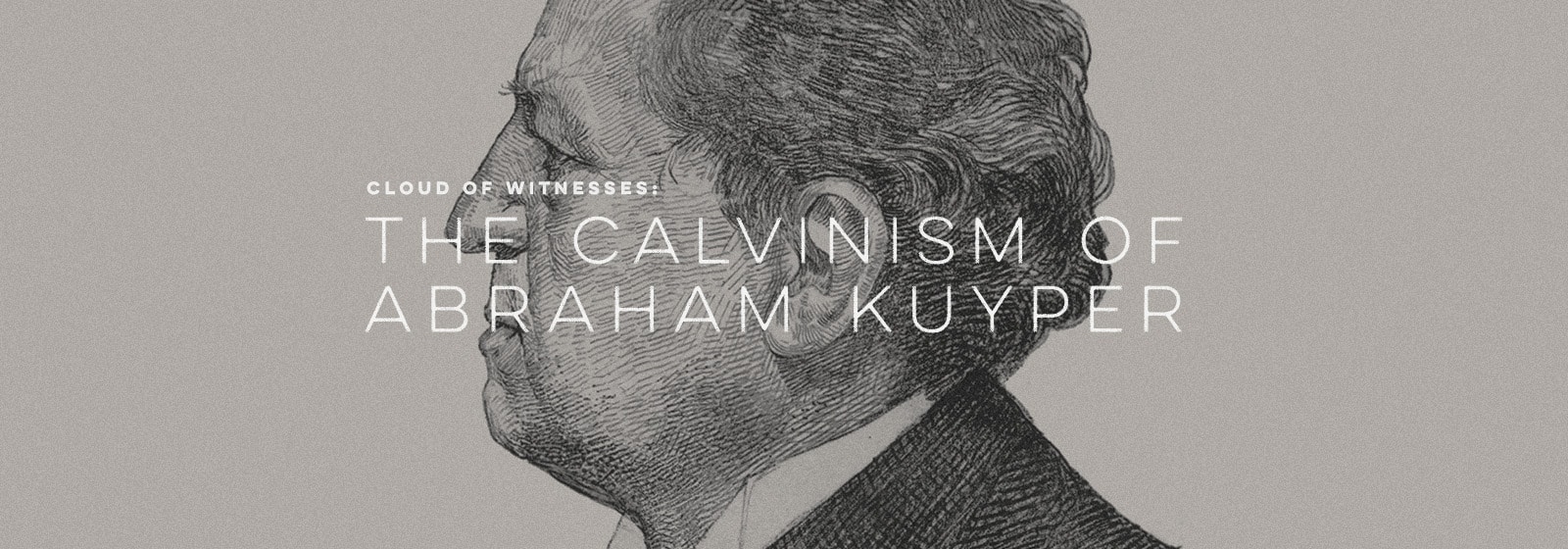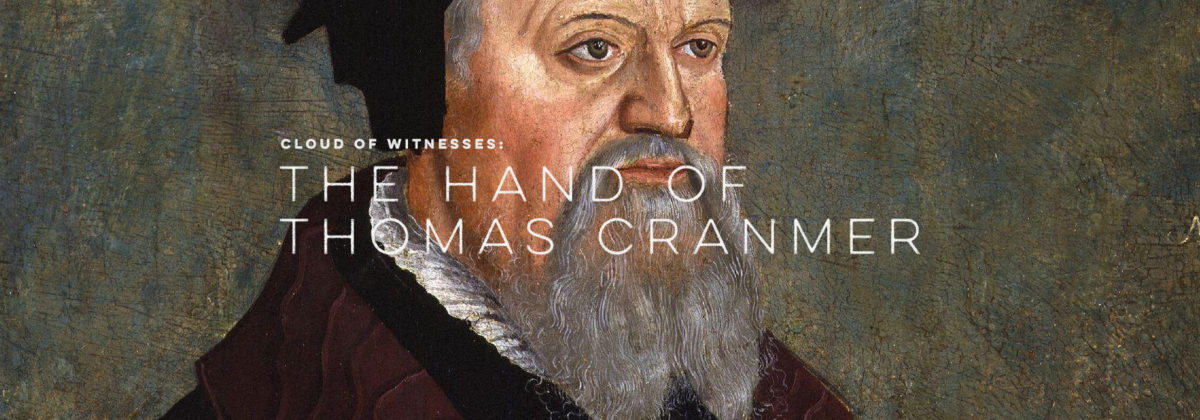When Julia and I first started dating, everything was going well until I told her that I was a Calvinist. She froze up like a deer in headlights. A single tear ran down her cheek. Okay, maybe I’m over dramatizing it. But based on her reaction, I remember thinking, “What did I just admit to?!” I asked her what was wrong. As I listened, I discovered that her encounters with people who labeled themselves as “Calvinists” were entirely negative. In her experience, Calvinists were puffed up by their intellectual snobbery and by a narrow-minded framework that forced the Scriptures to say things they don’t. She thought that Calvinists were spiritual bullies who micromanage other Christian’s belief.
I was surprised. This had never been my experience of Calvinism. But over the years, the truth is that I’ve come across Julia’s caricature more than I’d like to admit. I began to examine my precious TULIP (the core Calvinism acronym) to see if it was inherently flawed. And the more I did, the more I started to wonder if, instead of the fresh flower I always thought it was, it was a plastic impostor. As a result, I started to distance myself from the term ‘Calvinist.’
That is until I was introduced to the writings of Abraham Kuyper.
Kuyper is best known as the 24th Prime Minister of the Netherlands at the turn of the 20th century. But Kuyper didn’t start out in politics. He was initially a minister in the Dutch Reformed Church. Kuyper recalls placing his trust in Christ at the age of ten. However, by the time he became a pastor he had been heavily influenced by the liberal theology that had been taught at the University of Leiden.
Kuyper’s first pastorate was in the rural town Beesd. And it was in Beesd that he met Pietje Baltus, the young daughter of a miller. Pietje was known in the town for her deep spirituality, but to Kuyper she was a “stubborn fanatic.” Once Kuyper became the pastor at the church in Beesd, she refused to go to the services. Her Calvinist theology was at odds with Kuyper’s liberal theology. Perhaps Kuyper was simply encountering Julia’s caricature in Pietje. When Kuyper found out that she was boycotting his services due to the content of his preaching, he decided to visit her. But when he arrived at her home, she refused to shake his hand (which just makes me want to shout ‘You go girl!’). Instead of taking offense, Kuyper decided to listen.
If you are to take one thing away from Kuyper’s life and work, let it be his conviction that God wants to bring holistic renewal into the world.
As it turns out, he listened very carefully to what Pietje and her friends had to say. Because of his time with Pietje he experienced what he called a “second conversion.” He embraced orthodoxy in its Calvinist expression. This happened simply because Kuyper was willing to listen instead of argue, he was willing to openly engage in the disagreement rather than run away. Later he wrote, “I did not set myself against them, and I still thank my God that I made the choice I did. Their unwavering persistence has been a blessing for my heart, the rise of the morning star in my life.” And I think this is why he also wrote “He is your friend who pushes you nearer to God.”
Having embraced Calvinism, Kuyper placed a strong emphasis on the supreme Lordship of Jesus Christ. This makes good sense since Calvinism, in it’s purest form, is simply an attempt to build one’s theology around the sovereignty of God. Kuyper was not content to limit Christ’s Lordship to the cultivation of one’s interior life alone. He believed that Jesus is the sovereign Lord over all spheres of social, political, and economic life. Kuyper’s best sound bite captures this sentiment. He said, “There is not a square inch in the whole domain of our human existence over which Christ, who is sovereign over all, does not cry ‘Mine!’” Kuyper brought this conviction into his political work as he sought God’s renewal in the life of the church, the government, education and more.
Just as Kuyper listened to carefully to Pietje, I’ve listened carefully to Kuyper. The way in which he understood Calvinism has deeply influenced me. His fingerprints are all over the way in which I understand ministry. The first part of our vision at St. Peter’s is “Joining God in the spiritual, social and cultural renewal of Vancouver.” This aspect of our vision is almost entirely indebted to the work of Abraham Kuyper.
If Calvinism still makes you uncomfortable, that’s okay. The point of this post isn’t to make you into a Calvinist (there are better things to be). But if you are to take one thing away from Kuyper’s life and work, let it be his conviction that God wants to bring holistic renewal into the world. If you listen to Kuyper on this, you can count him as your friend, because he will push you nearer to God. It is, after all, a deeply Scriptural conviction. Kuyper simply grasped what St. Paul writes in 2 Corinthians 5:19, that “in Christ God was reconciling the world to himself.”
Every single area of creation matters to God. This is get-you-on-the-edge-of-your-seat exciting. It means that every area of our life and existence is significantly more important than we realize. Because whether it’s our time cooking in the kitchen, or hiking beautiful mountains, or the mundane work of paying bills and emptying the trash, or the reward of working and growing in our vocations, or participating in civic responsibilities like paying taxes and voting, or raising kids, or caring for family, friends and strangers — there is not one square inch in the entire universe that Jesus does not cry out ‘Mine!’




